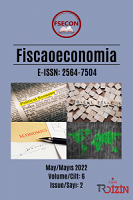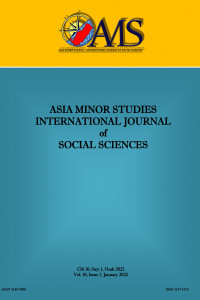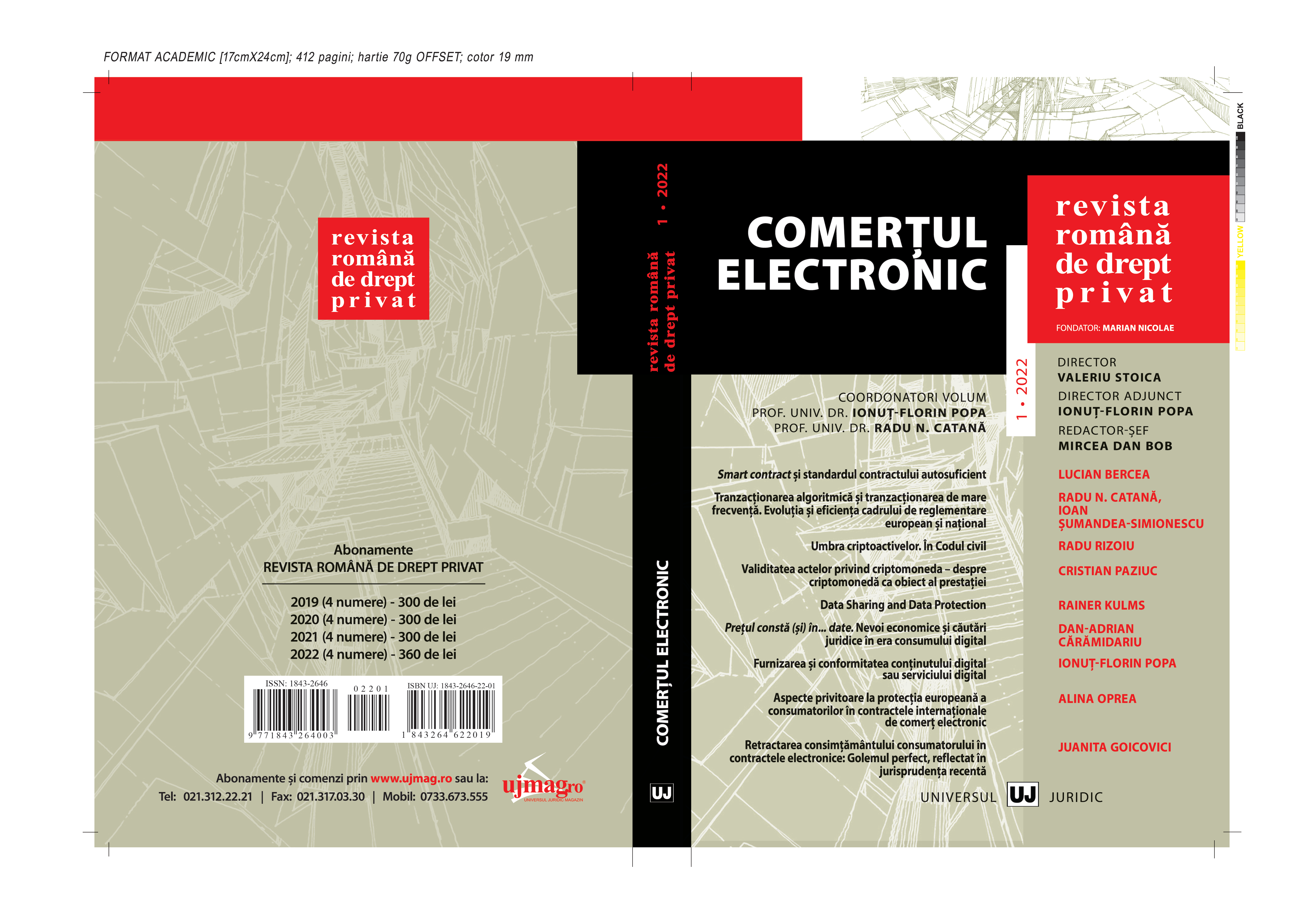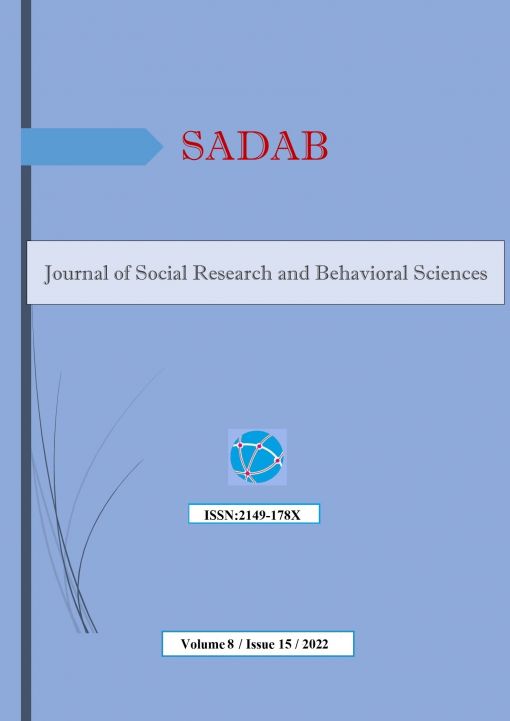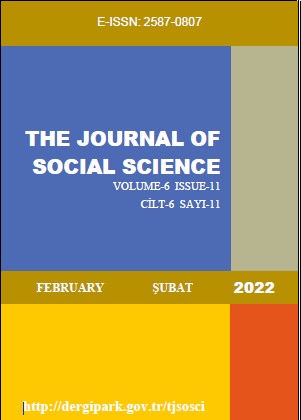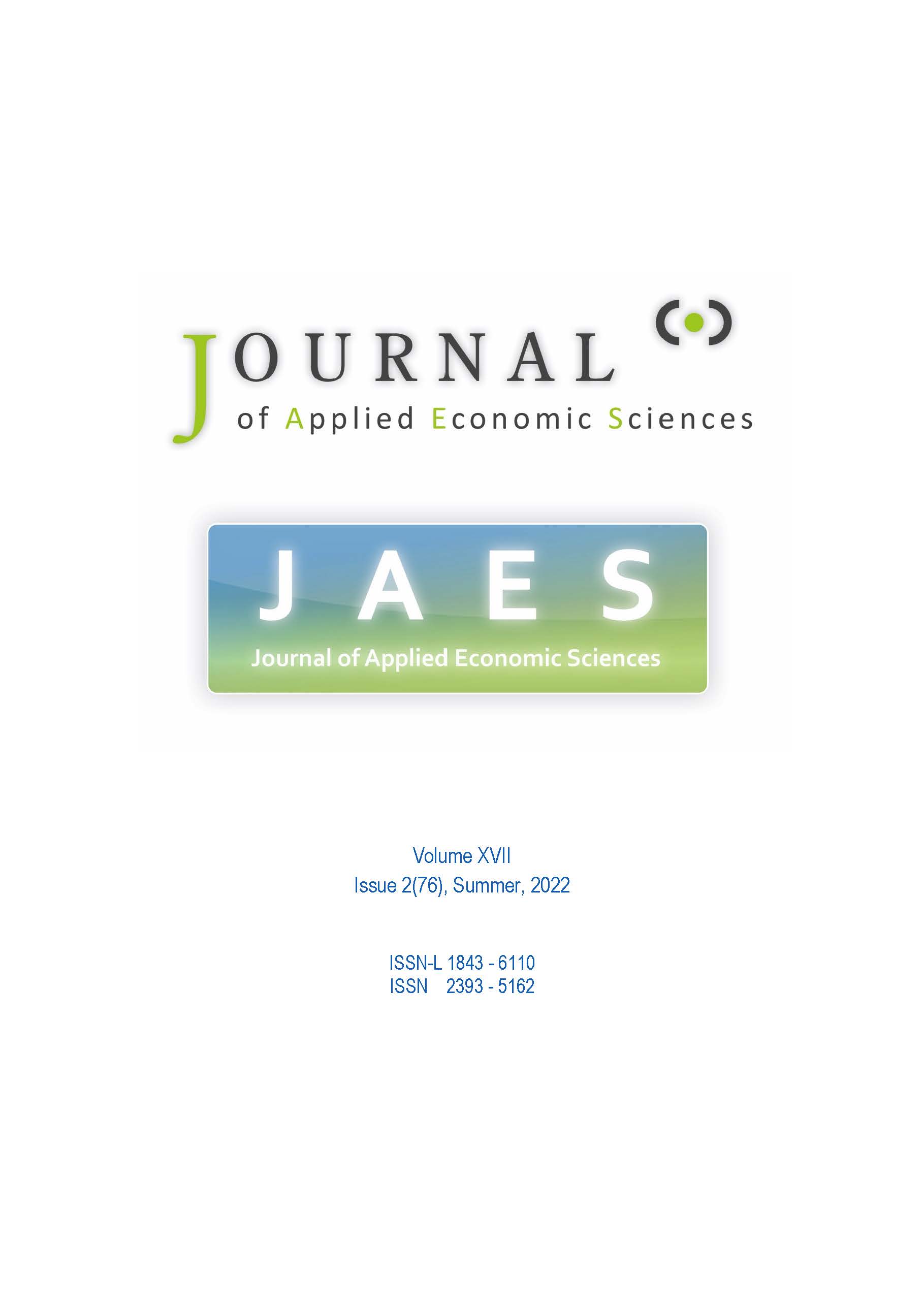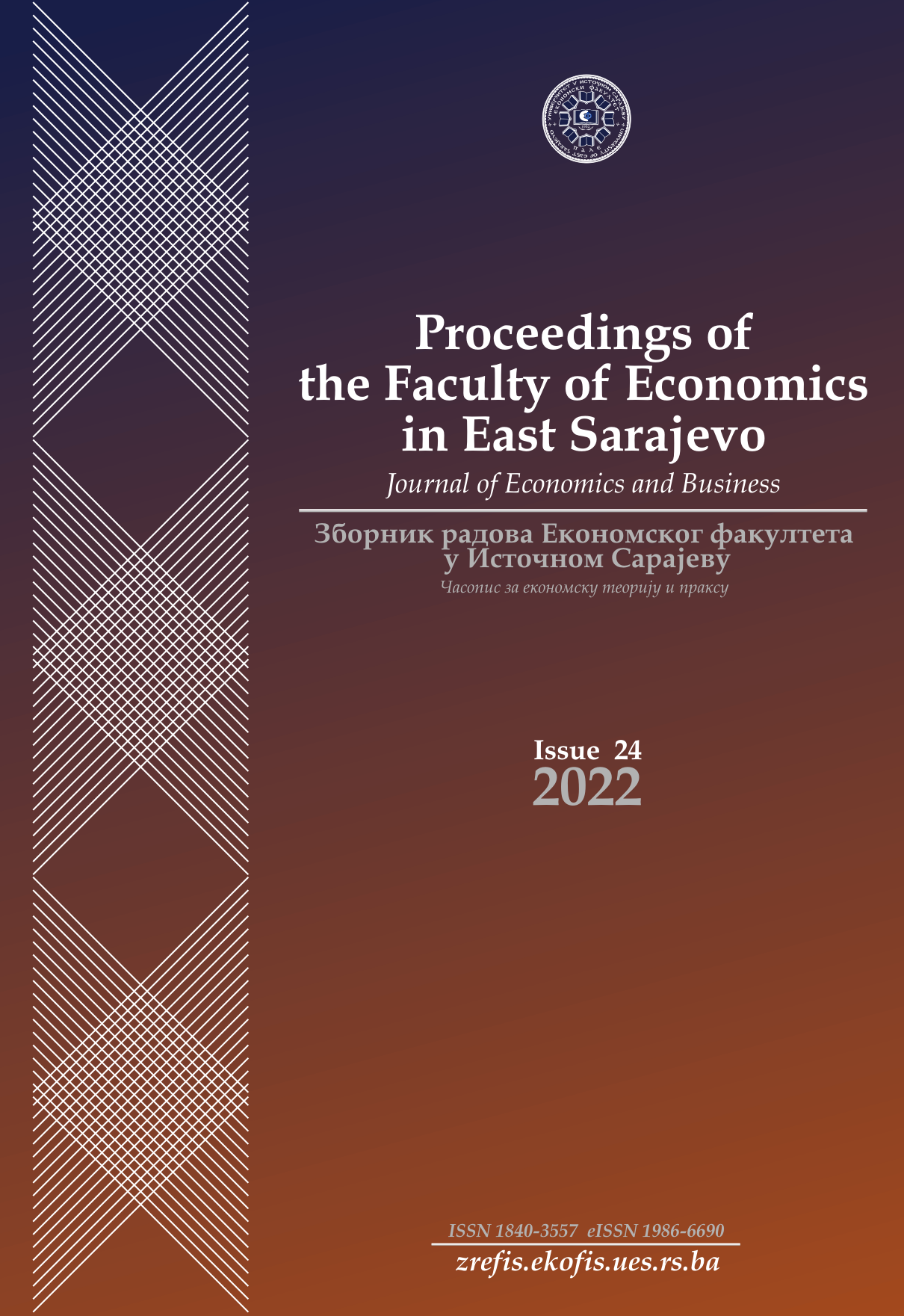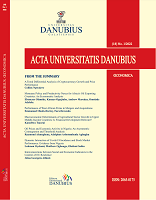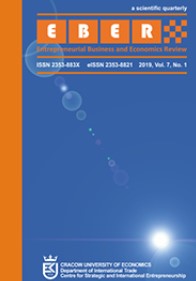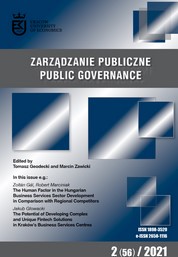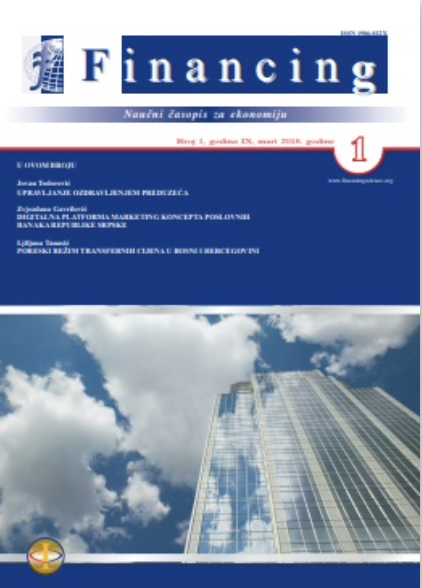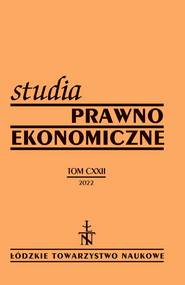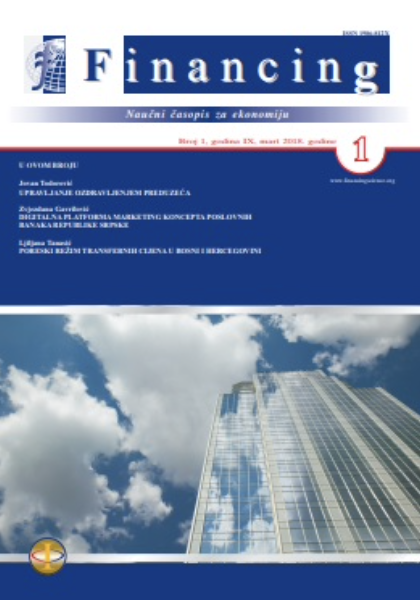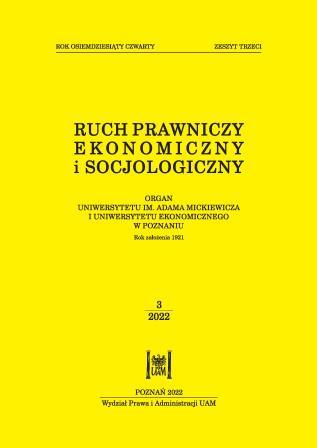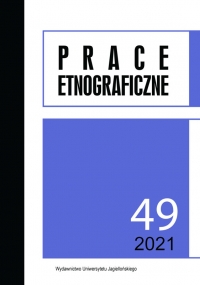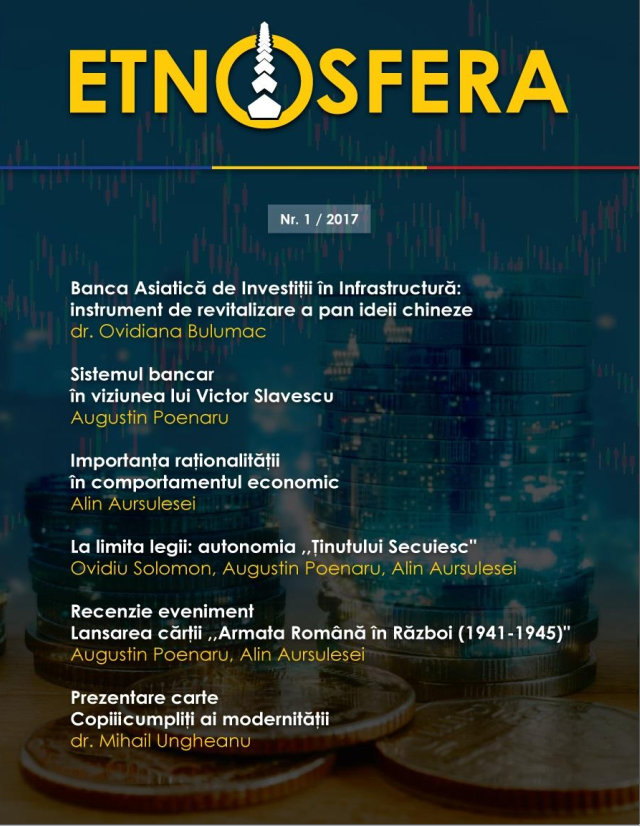
Sistemul bancar în viziunea lui Victor Slăvescu
Professor Slăvescu is considered the most important historian of the Romania’s banking system. His meticulous monographs dedicated to the banking phenomenon, contributed decisively to the actual knowledge of the credit’s past in Romania. Victor Slăvescu has developed the most comprehensive monograph of the credit system in Romania in the context of postwar period. This event took place in 1922, when he published „Romania’s credit organization”, in which are clearly defined the program and the working methods for the country's reconstruction. In this study, are summarized the main coordinates considered appropriate for a credit institution. Thus: the objectives had to be compatible with public interests of the State, the bank having the duty to do everything possible to avoid to become an instrument of the political power; its activity should be directed towards a wider circle of interests, especially to finance productive economic enterprises; a credit institution should never deviate from two principles: prudence and balance; every bank should be aware that it has national and social obligations, both in relation to helping the many and deprived and developing national culture. These principles were developed as part of a comprehensive and original vision of the great Romanian finance’s role. It is structured in three dimensions: internal consolidation of the national capital, its permanent affirmation and the expansion ”by ourselves”. To achieve these goals, banking theoretical foundations had to be developed.
More...
